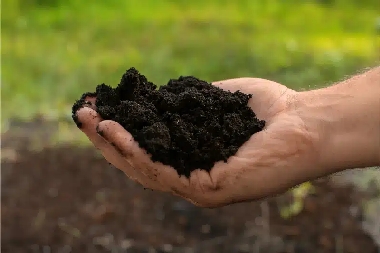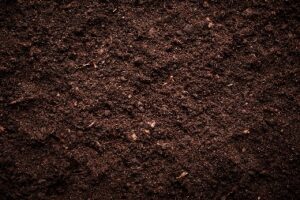Safford Clay in Soil
As we embrace the challenges of modern agriculture, understanding the role of clay in soil becomes crucial, especially here in Safford. Did you know that approximately 75% of the world’s agricultural land is affected by soil degradation? This statistic highlights the importance of enhancing soil health, a mission that resonates with us at EcoGEM. Our commitment to providing innovative solutions for soil improvement is essential in supporting local farmers and gardeners.
The unique clay in soil presents both challenges and opportunities for sustainable farming practices. In Safford, where farming is a significant part of our community, it’s vital to address the specific needs that clay soils present. Our soil enhancer offers solutions that not only improve soil structure but also enhance water retention and nutrient availability, making it easier for crops to thrive.
Here are some benefits of addressing clay in soil:
- Improved drainage for healthier root systems.
- Enhanced nutrient retention for better crop yield.
- Reduction of erosion and runoff.
- Increased microbial activity promoting soil health.
- Better water infiltration for efficient irrigation.
By improving clay in soil, we can support sustainable agricultural practices that benefit both farmers and the environment. Our solutions are designed to help you achieve a more productive and resilient farming operation. If you’re interested in learning more about how we can assist you, don’t hesitate to reach out to us. Contact us at (253) 348-2200 or visit our Contact Us page for more information.
Safford Soil Clay Levels
Understanding soil clay levels is essential for anyone looking to improve their gardening or farming efforts in Safford. Research indicates that soil composition directly impacts plant growth and overall agricultural productivity. With the right knowledge about soil clay levels, we can make informed decisions that lead to healthier crops and gardens.
In our region, knowing the specific soil clay levels can help us tailor our practices to meet local agricultural needs. By optimizing these levels, we can enhance water retention, reduce erosion, and improve nutrient availability, which are all vital for sustainable farming.
Here are some key aspects of soil clay levels:
- Identifying the right type of soil for your crops.
- Understanding moisture retention capabilities.
- Evaluating soil texture for better planting strategies.
- Assessing drainage characteristics for crop health.
- Determining the need for soil amendments.
With the right approach to soil clay levels, we can foster a more productive agricultural environment. Improving our soil is not just beneficial for the crops but also for the community as a whole. To explore how we can help enhance your soil’s performance, please reach out at (253) 348-2200 or visit our Contact Us page.
Safford Clay Soil
Clay soil presents unique challenges and opportunities for gardeners and farmers in Safford. According to studies, clay soils can hold up to 50% more water than sandy soils, making them both a blessing and a challenge. Understanding how to work with clay soil can lead to improved crop yields and healthier plants.
By addressing the characteristics of clay soil, we can create more productive agricultural practices tailored to our local conditions. Proper management can lead to enhanced nutrient uptake and reduced erosion, ultimately benefiting our farming community.
Here are some advantages of effectively managing clay soil:
- Improved aeration for better root development.
- Enhanced nutrient availability for crops.
- Reduced risk of erosion and runoff.
- Increased water retention for drier periods.
- Better overall soil health for sustainable farming.
Managing clay soil effectively can transform agricultural practices and lead to more sustainable outcomes for all of us in Safford. If you’re interested in discovering how our solutions can help you maximize the potential of your clay soil, please contact EcoGEM at (253) 348-2200 or visit our Contact Us page for more details.



